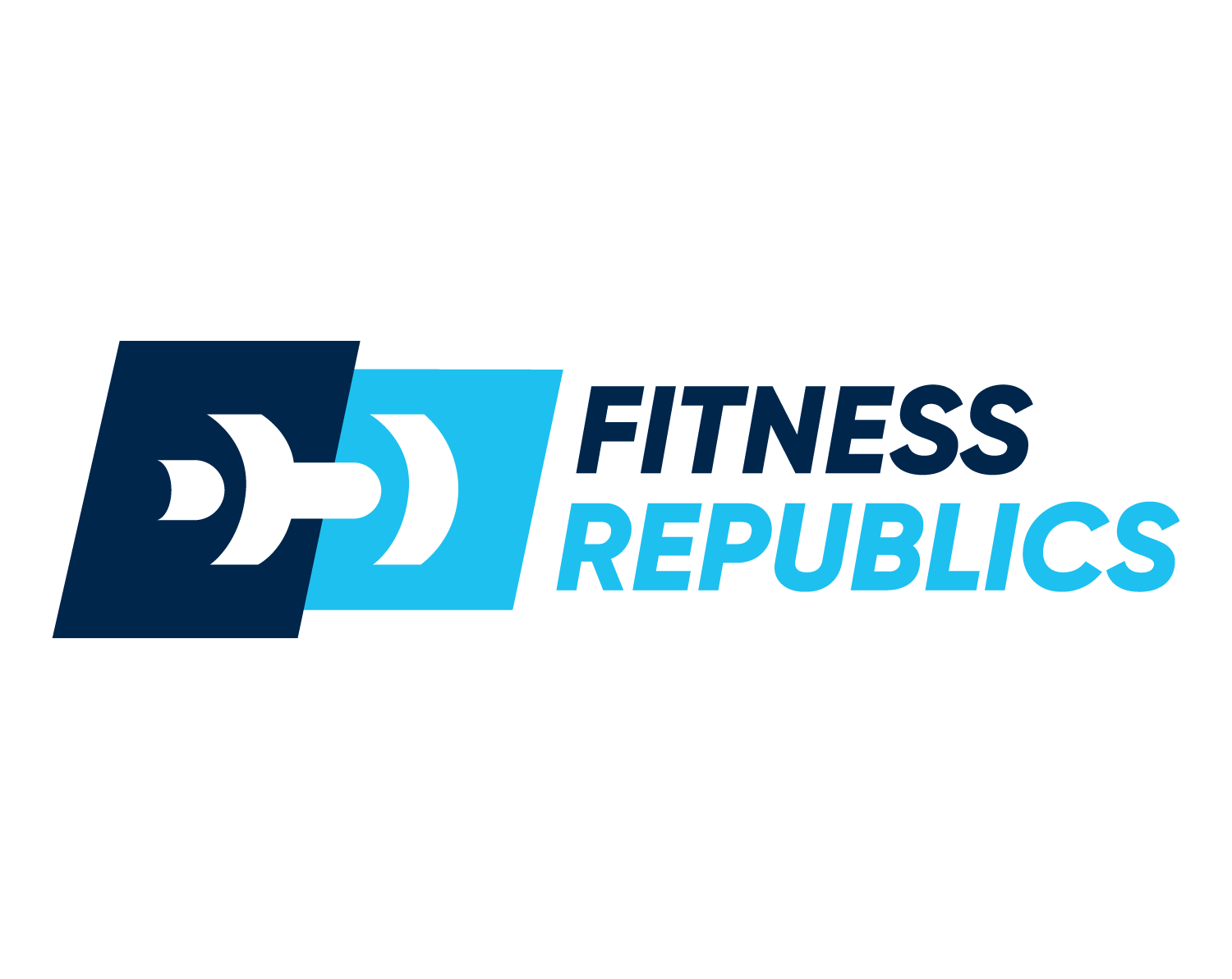Today, perhaps more than ever, there is talk of diet and a healthy lifestyle, not only when it comes to professional athletes, but recreational athletes.
The diet of athletes is different from the diet of us ordinary mortals. What they eat can contribute to achieving a good result and also ruin their sporting dreams. It doesn’t matter if they eat as a source of carbohydrates before, during and after training or competition.
Fortunately, the importance of physical activity and proper nutrition is a ubiquitous topic that has made it possible to become familiar with the terms macronutrients and micronutrients. Macronutrients make up the bulk of the diet, and their primary task is to provide energy and enable the growth and development of all body tissues. In this category are carbohydrates, proteins and fats, and micronutrients are vitamins and minerals.
So the question here is what should vegetarian athletes eat?
Don’t Exclude Macronutrients
Apart from their character, appearance, gender and age, people also differ in the amount of physical activity during the day, which is why there is no universal number, ie universal energy intake that suits everyone, especially when it comes to athletes who train twice per day. But many are troubled by the question of how to ingest the right amount of macronutrients.
Mediterranean diet, keto diet, paleo, LCHF, vegans, vegetarians, diet by blood type… These are just some of the principles of nutrition that you can apply and adapt to your daily activities. Whichever diet you choose, we believe that you should not exclude any macronutrients because your body needs all three groups to function normally. Of all the macronutrients in addition to sports performance, proteins are mentioned the most, which is not strange because they are the building blocks of all our cells, including muscle.
Every type of diet must meet the energy requirements that sport requires. A specific type of vegetarian diet must be considered before planning it.
Watch Your Energy
For years, it was believed that consuming meat was the only way you could build muscle mass. And it was not only popular in recreational sports, but also in professional ones. But today we know that a vegetarian diet and plant-based proteins can also build muscle. A proper plant-based diet can meet all the goals of an athlete. By including soy products, legumes and legumes such as beans and lentils, whole grains, seeds and nuts in the menu, an athlete or his or her nutritionist can carefully plan their diet.
Every type of diet must meet the energy requirements that sport requires. A specific type of vegetarian diet must be considered before planning it. Namely, vegans exclude from the diet all products of animal origin, such as meat, fish, eggs, milk, cheese and other dairy products. Lacto vegetarians consume dairy products and still avoid meat, fish and eggs. The third group, lacto-ovo vegetarians, still consume eggs in addition to dairy products, and other listed foods are still banned.
Protein is a nutrient without which our body cannot function. Meat, eggs and dairy products are the best known sources of protein, beans and lentils also contain protein, but is every source of protein the same? The answer is, unfortunately, no. Proteins from meat, eggs and dairy products contain all nine essential amino acids that are the building blocks of protein, so these foods are a simpler option. That’s why you can usually find chicken, eggs or lean cheese on an athlete’s plate. But in order for vegetarians to meet their daily protein needs they need to think about dietary diversity. Plant-based proteins do not contain all the essential amino acids, so combinations like beans and rice, millet and peas can solve this problem. Also you can use protein form of whey protein powder which is also a good choice.
More Protein For Athletes
Recommendations of daily protein intake are around 0.8 grams of protein per kilogram of weight, and in the case of a vegetarian diet it is necessary to enter 0.9 grams of protein because the body does not use plant-based proteins as efficiently as those of animal origin.
If we talk about people who do sports recreationally, that number climbs to one gram of protein per kilogram, while athletes will consume at least 1.5 grams of protein, even more if they are vegetarians. Of course, these numbers will also depend on the type of sport – so the marathoner will conceptualize his diet differently compared to a bodybuilder.
The general formula for daily intake of macronutrients would be – 60% from daily intake of carbohydrates such as rice, pasta and whole grains, 20% from fats such as olive oil, avocados, nuts and another 20% from proteins that actually come from the aforementioned foods. Protein is extremely important for muscle recovery, but if an athlete engages in endurance sports like running or triathlon, recovery from such workouts should include a 4: 1 ratio in favor of carbohydrates.
Intake of healthy fats is also important, especially during longer sports activities such as cross-country skiing. A nutritionist will always advise that a meal containing fat be consumed after or between workouts because consuming fat slows down digestion and can cause a feeling of heaviness during training.
Micronutrients Are Also Important
In addition to macronutrient intake, special attention should be paid to micronutrients. Iron is extremely important, especially in vegetarians because it carries oxygen from the blood to muscle cells, so low iron levels can cause poorer performance. In addition to iron, calcium and vitamin B12 deficiencies can often occur, which should be monitored regularly and possibly replaced with supplements.
Conclusion
You can still stick to your regular diet if you watch how much micro and macronutrients you deliver to your body. Your vegetarian or vegan athlete meal plan has to be planned thoroughly to get all the needed nutritions.


